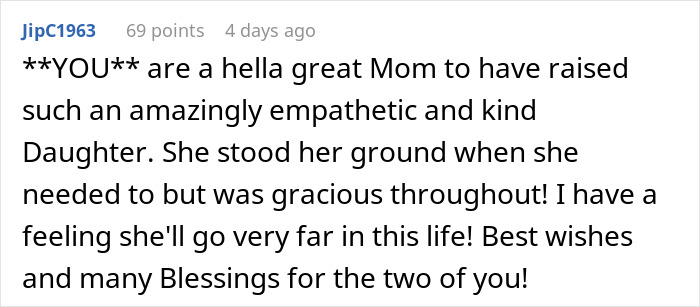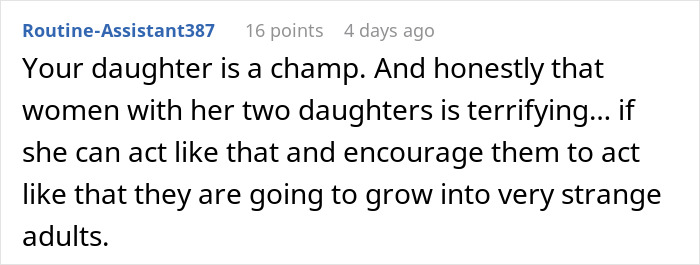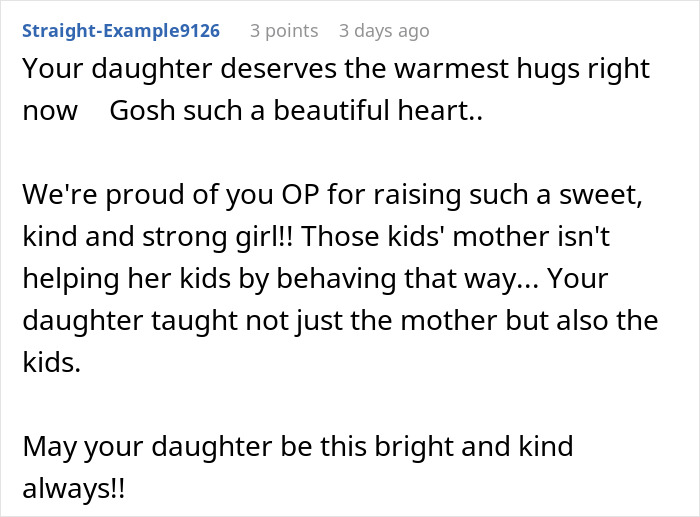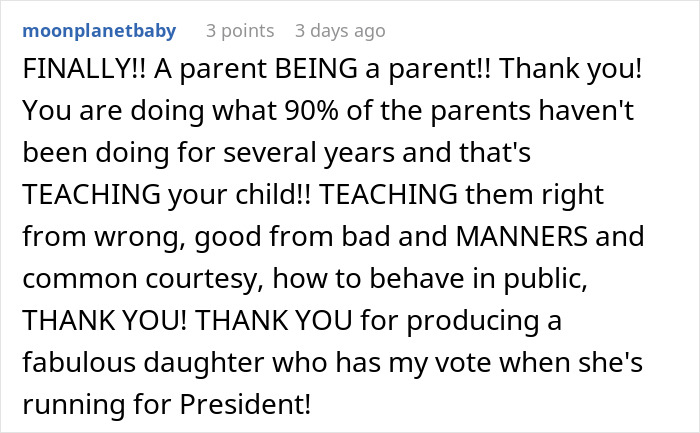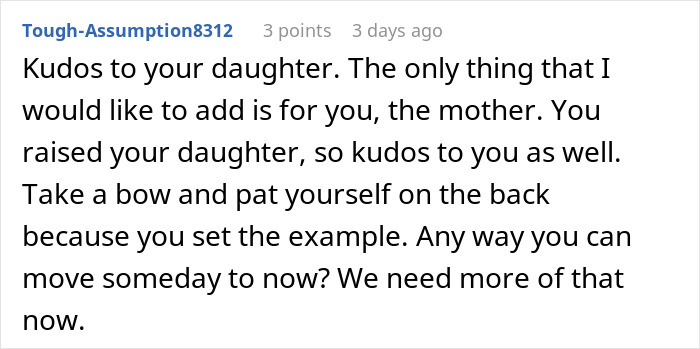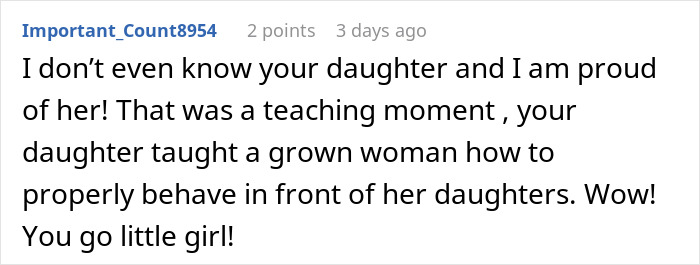Birthday parties can be full of not just excitement but also awkward moments and unexpected challenges, especially when they’re for kids.
Reddit user Sorry-Cherry-5578 recently shared a story on r/TwoHotTakes about taking her 8-year-old daughter to a friend’s celebration, and how a simple mix-up regarding seating threatened to ruin the entire day.
Luckily, the sweet girl diffused the situation and gave a lesson in kindness to everyone there, including the adults (who can sometimes behave even worse than their children).
Children’s birthday parties can take an unexpected turn, fast
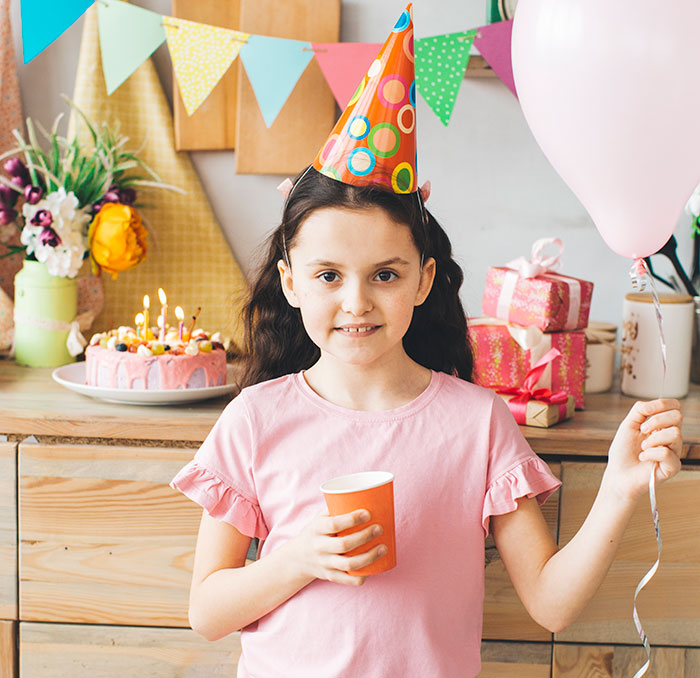
Image credits: Freepik (not the actual photo)
And sometimes, their parents might cause more trouble than the little ones
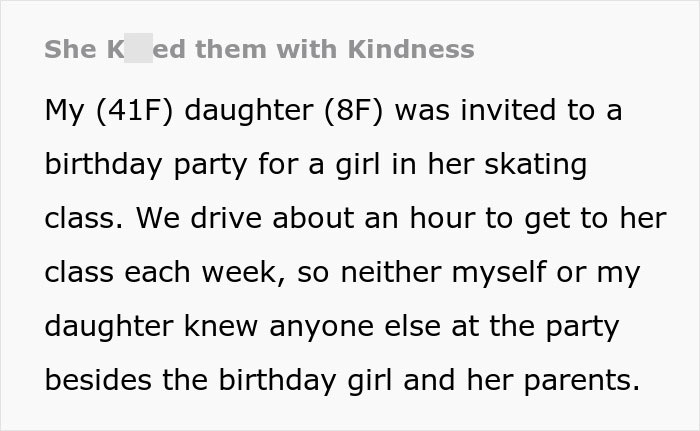
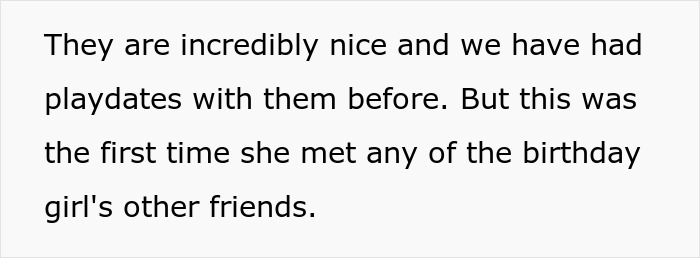
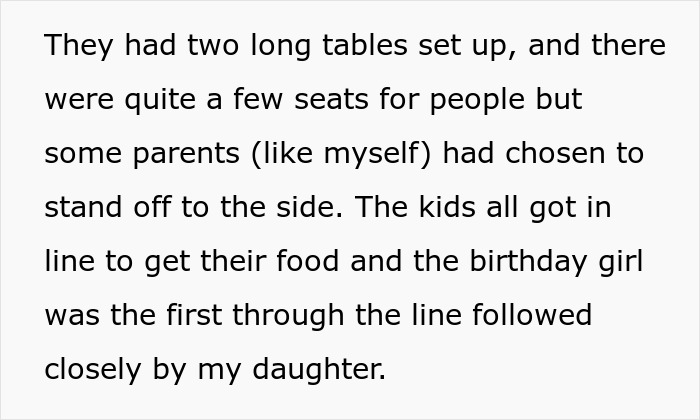
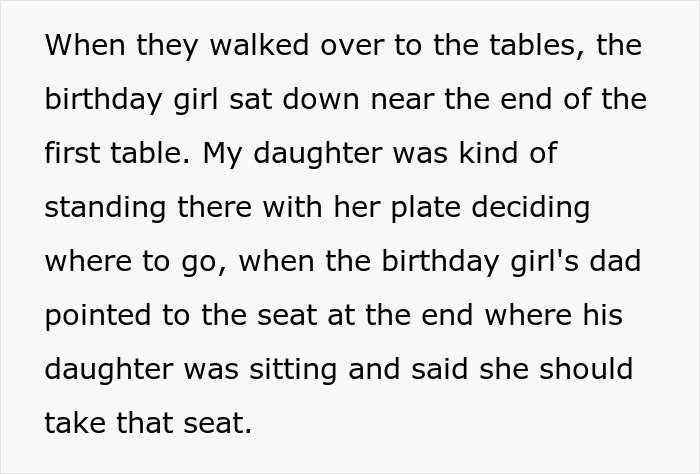
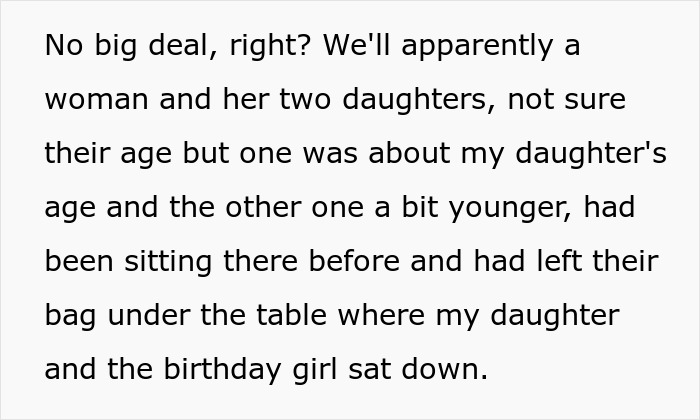

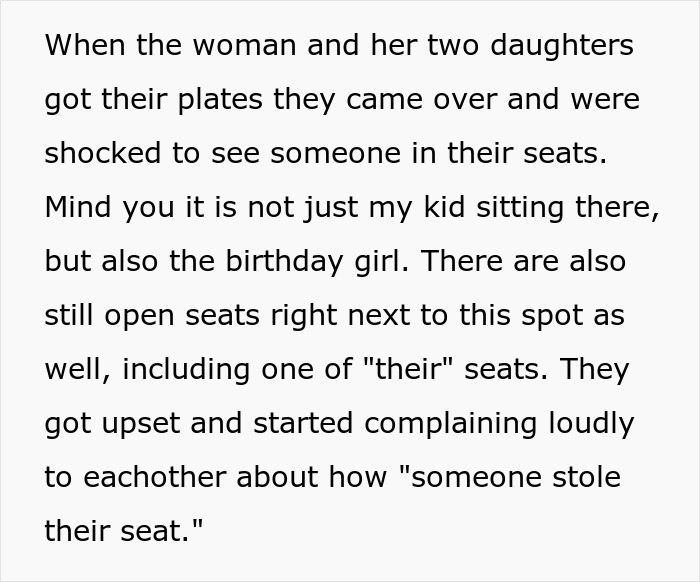
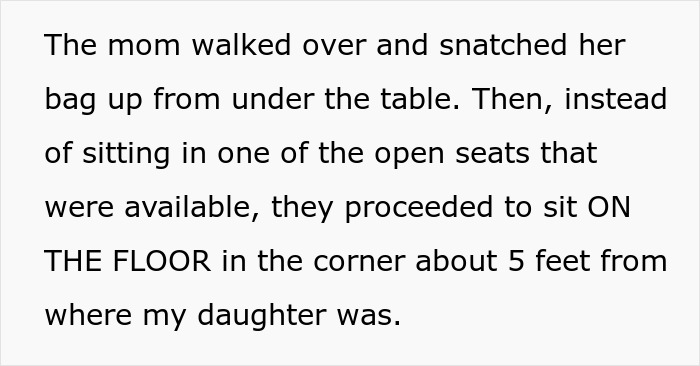

Image credits: Freepik (not the actual photo)
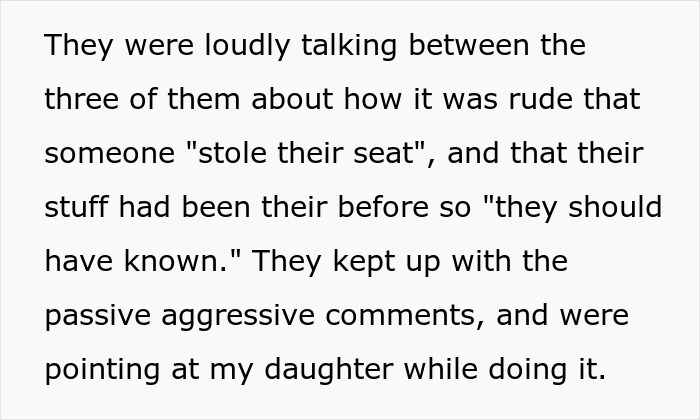
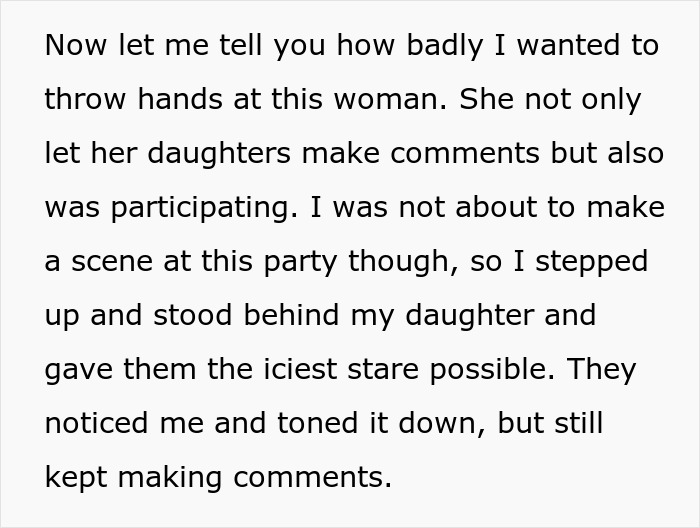
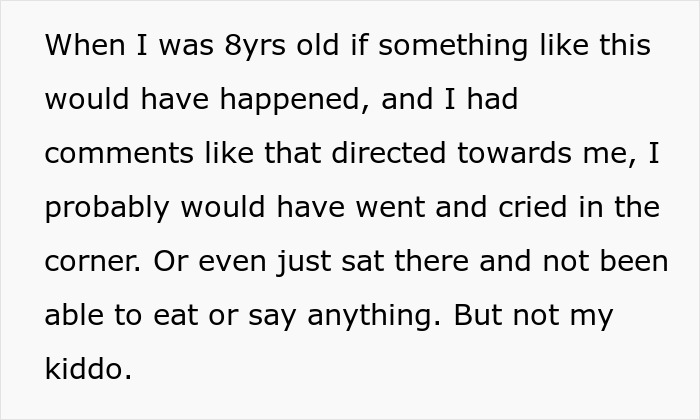
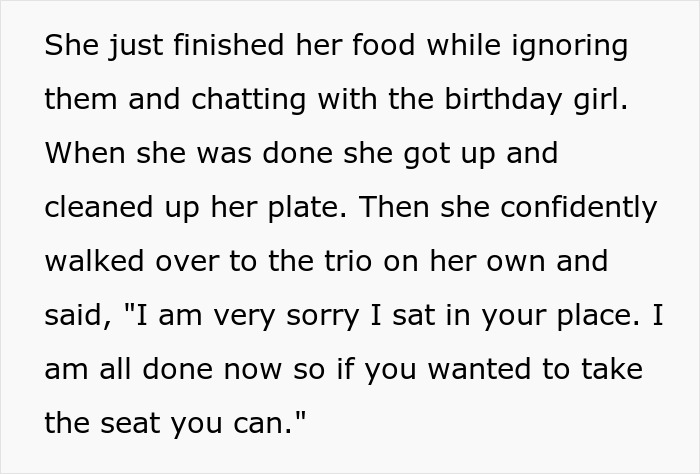
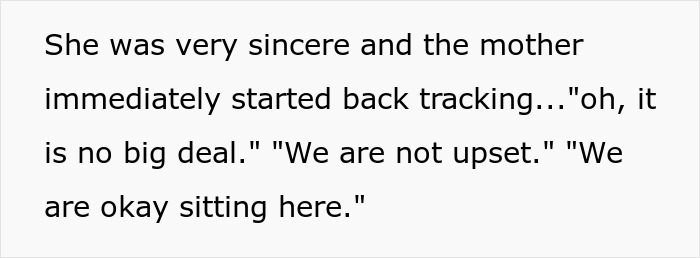
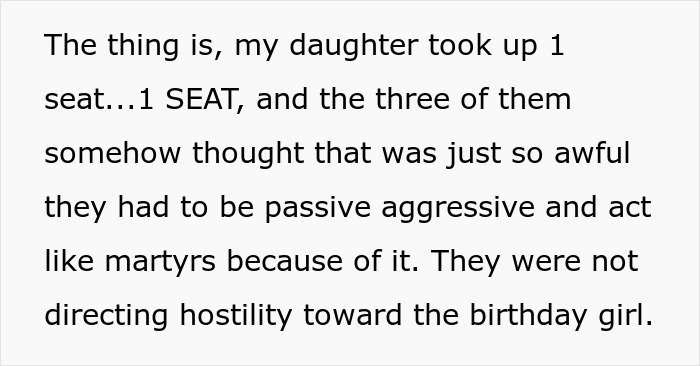
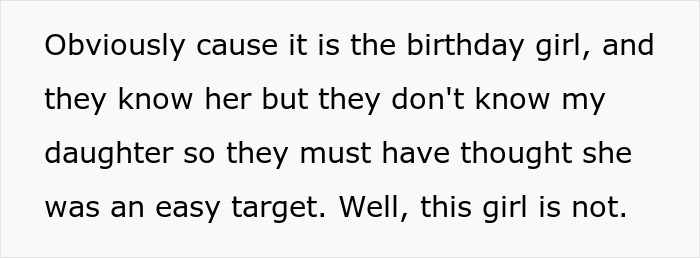
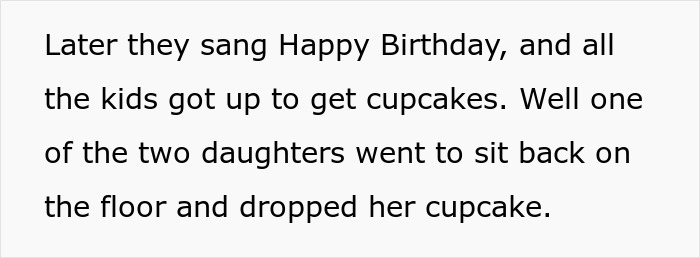
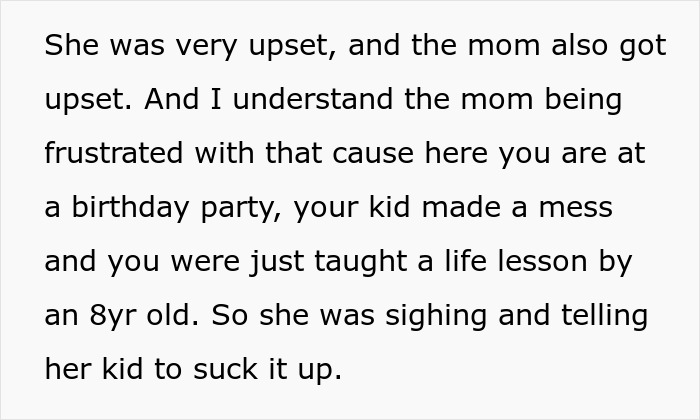
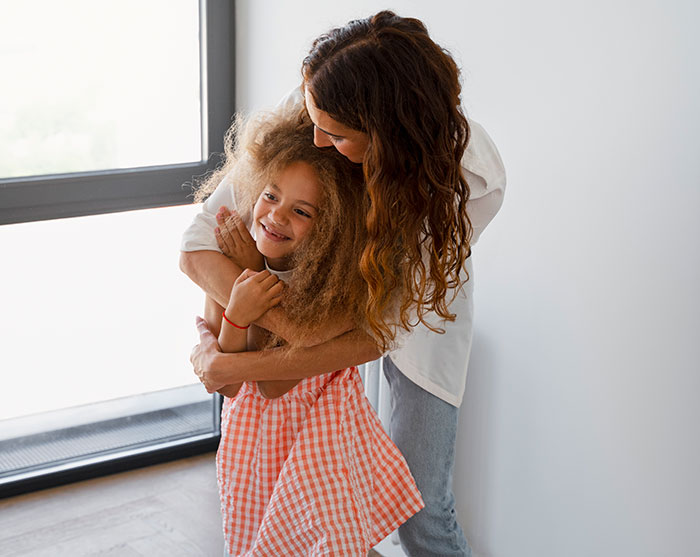
Image credits: Freepik (not the actual photo)
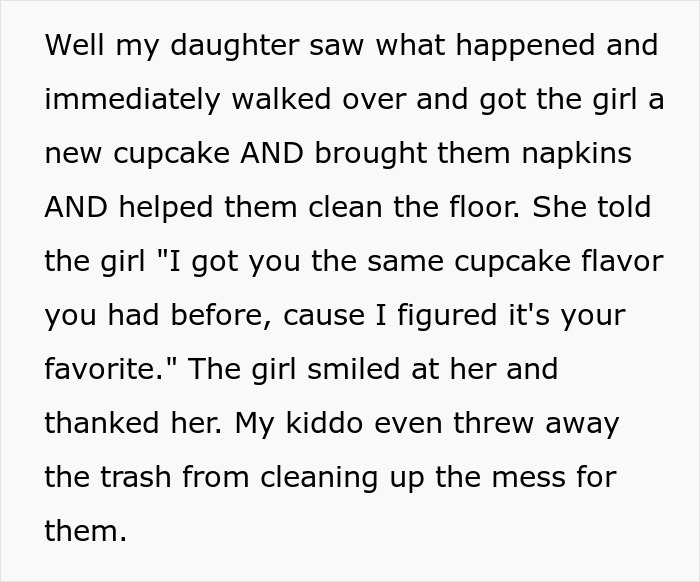
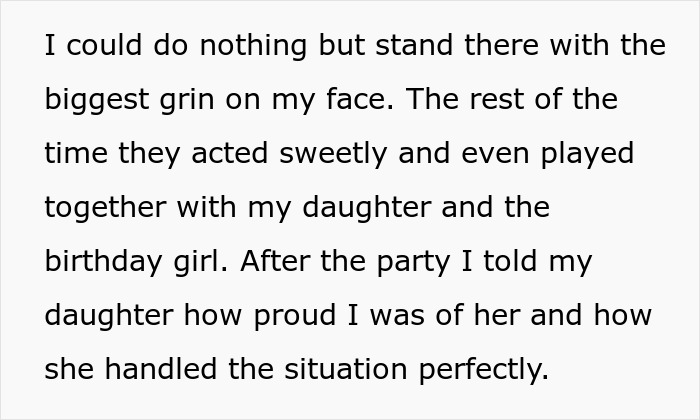
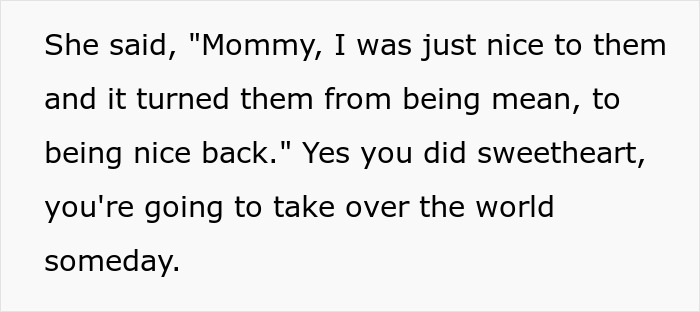
Image credits: Sorry-Cherry-5578
Passive-aggressive people are notorious for hostile cooperation
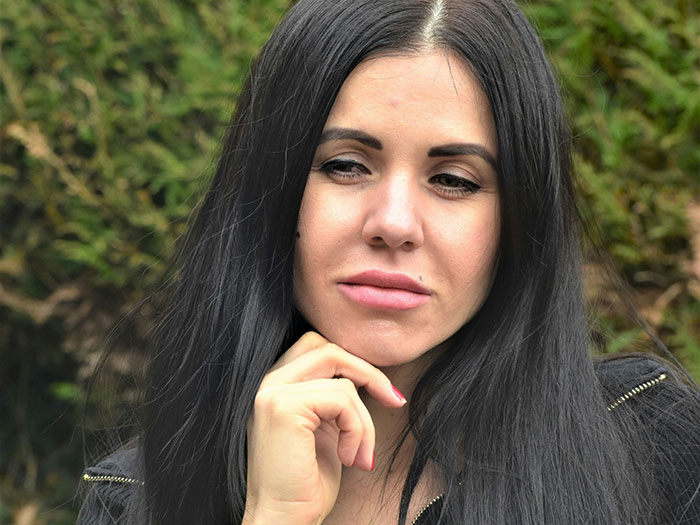
Image credits: Daniele La Rosa Messina/Unsplash (not the actual photo)
The passive-aggressive sitting on the floor, which the mom initiated after their seats were “stolen,” could be described as intentional inefficiency.
It’s when a person “complies with a request but carries it out in an unacceptable manner,” as certified school social work specialist Signe Whitson explains the term.
“Intentional inefficiency looks like a teenager unloading the dishwasher by putting everything out on the counter [and] then claiming, ‘I wasn’t sure where these went!’ At school, it looks like illegible or incomplete work.”
Whitson, author of How to Be Angry: Strategies to Help Kids Express Anger Constructively and Parenting The Challenging Child: The 4-Step Way to Turn Problem Situations Into Learning Opportunities, says, “Passive-aggressive individuals at all ages are known for sticking to the letter of the law but violating its spirit entirely.”
“When their substandard work is called out by an authority figure, their typical response is to go on the defense, protesting that the person is ‘too picky’ or ‘just wants everything done their way.’ Owning up to their angry feelings is not easy for the passive-aggressive person to do. Rather, if pressed, they will go to great lengths to justify their intentional inefficiency,” the social worker adds.
Empathy is a work-in-progress throughout childhood and adolescence
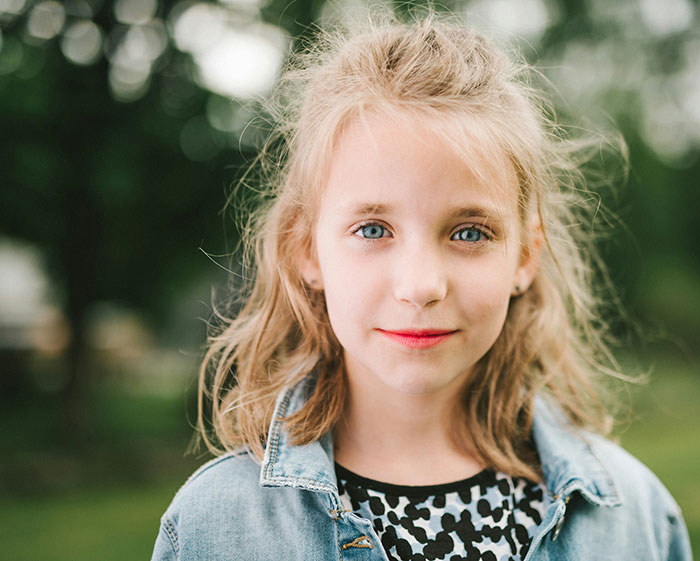
Image credits: Janko Ferlič/Unsplash (not the actual photo)
Educators Erin Walsh, M.A., and David Walsh, Ph.D., run the Spark & Stitch Institute, which offers practical, research-based resources to help parents, educators, and caregivers better understand kids and teens.
They have worked with families and teachers for decades and say that empathy means a child:
- Understands that she is a distinct person from those around her and that other people may have different feelings and perspectives than her own.
- Can recognize feelings in herself and others and name them.
- Can regulate her own emotional responses.
- Can put herself in someone else’s shoes and imagine how someone might feel.
- Can imagine what kind of action or response might help a person feel better.
According to the couple, it is shaped by a range of factors, including genetics, temperament, context, and environment. However, it does not unfold automatically in children.
“While we are born hardwired with the capacity for empathy, its development requires experience and practice,” the Walshes explain.
“Early emotional experiences between babies and their caregivers are crucial to the development of empathy. As caregivers nurture and care for infants, babies make crucial associations between positive human interactions, reward systems, and feelings of calm and safety,” Erin and David write. “Children who feel safe, secure, and loved are eventually more sensitive to others’ emotional needs. Psychologists call this connection between caregivers and babies ‘attachment’ and research shows that quality of attachment is a predictor of empathy and compassion later in life.”
So kudos to the mom for raising a wonderful daughter!
As her story went viral, the mom provided a few more details about her daughter and what happened that day
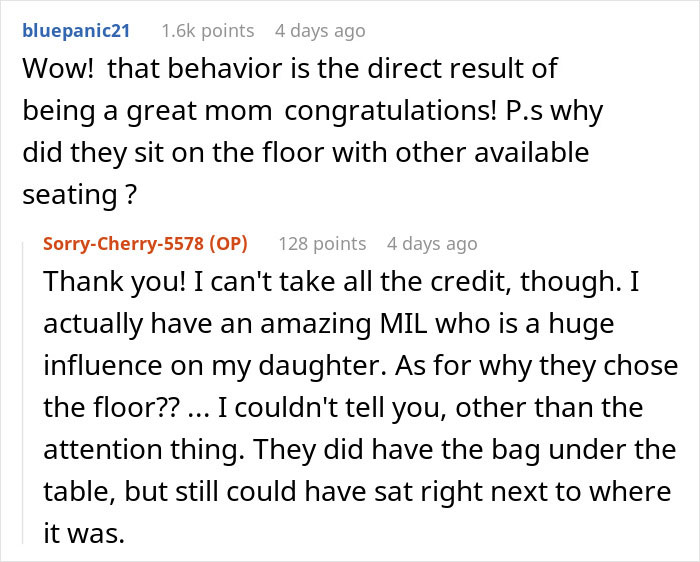
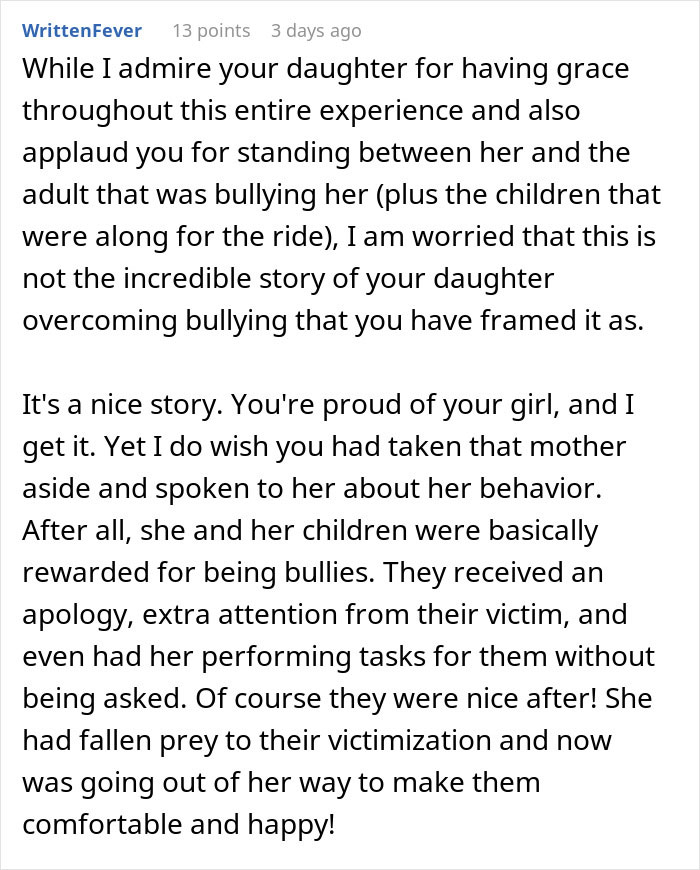
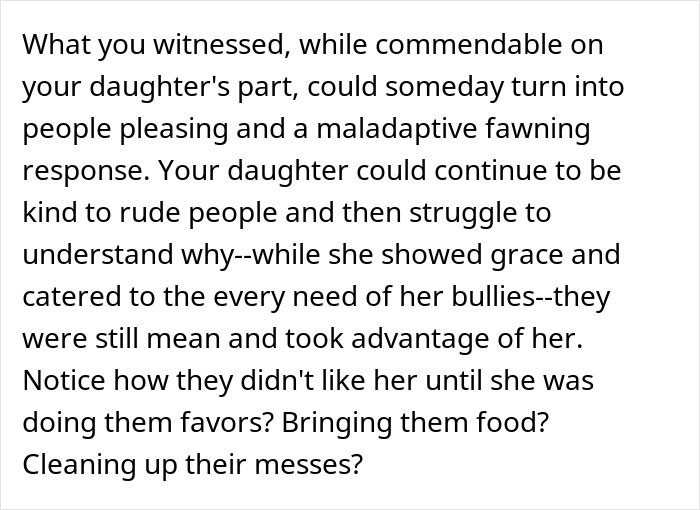
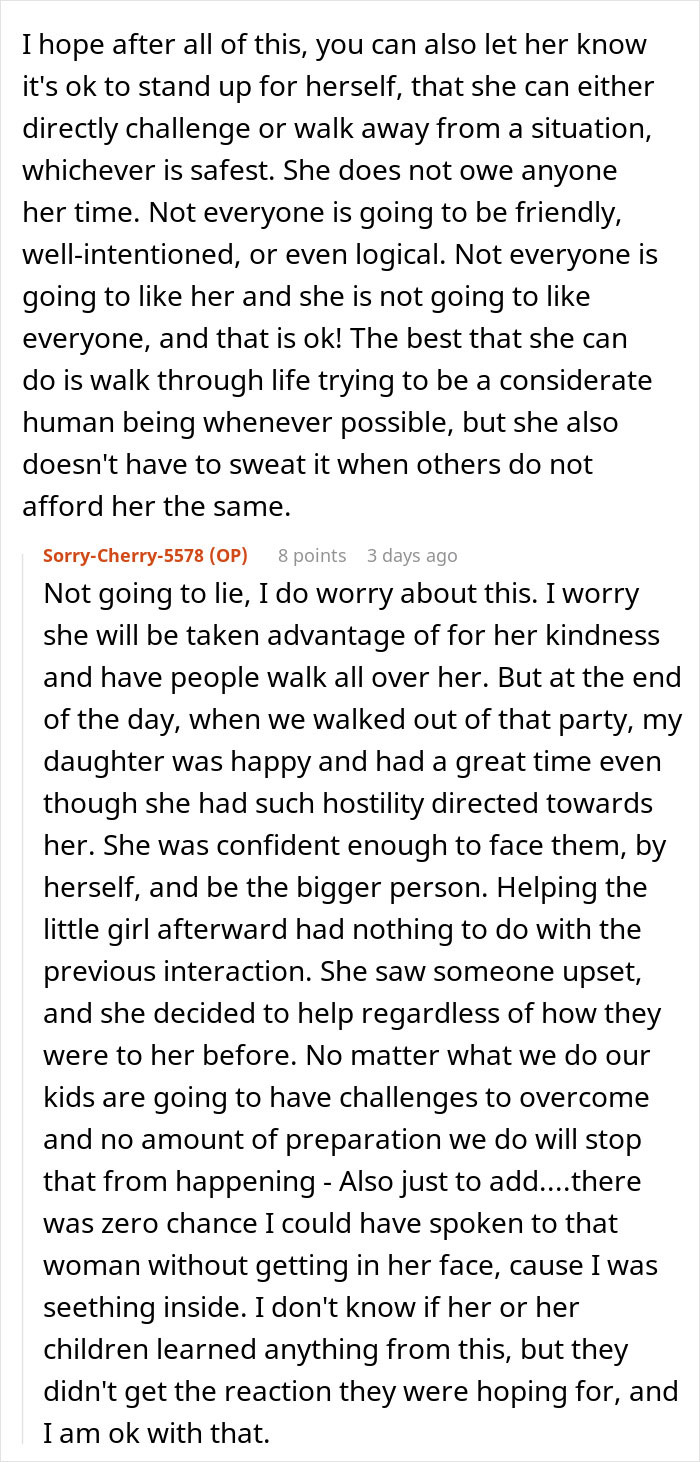
People were really impressed by the little girl


